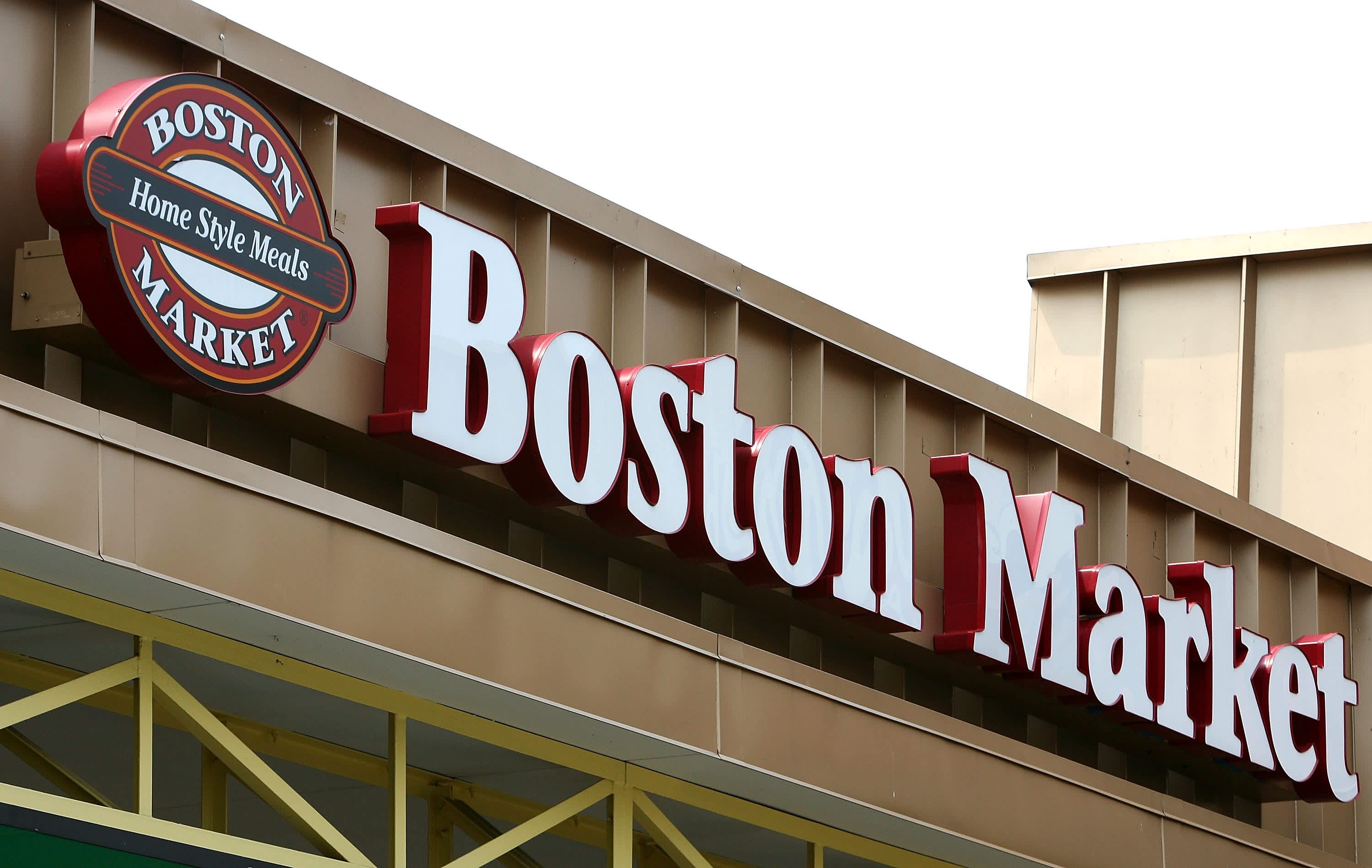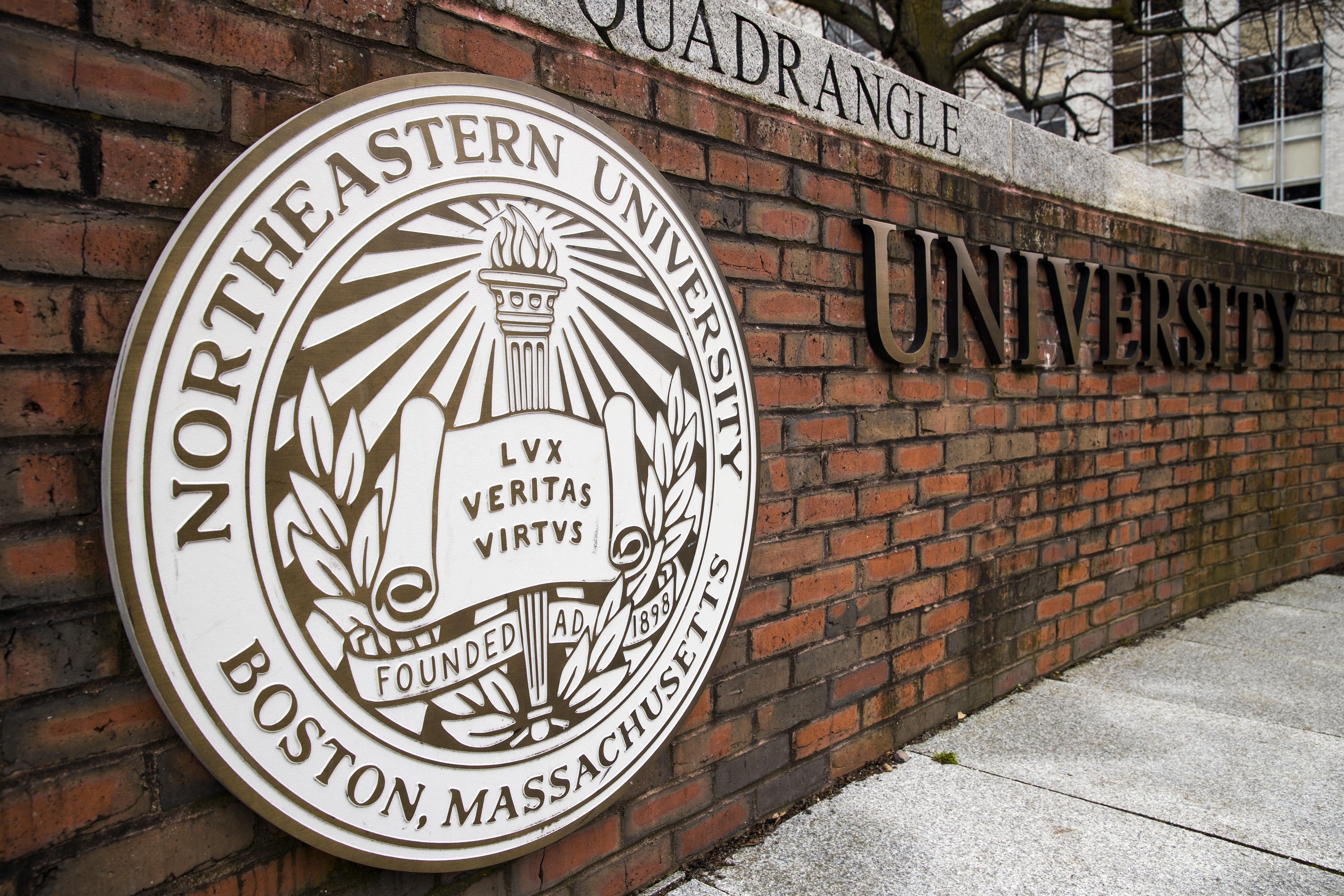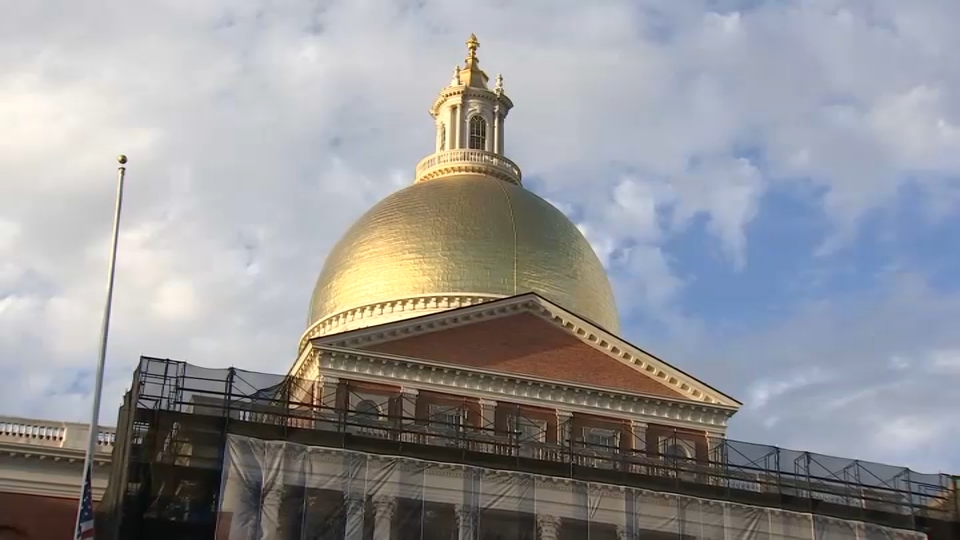The people of the Wampanoag tribe are also known as the People of the First Light. Tribal leaders say despite stereotypes and misconceptions, they have a story, and it didn’t end in 1620 with Thanksgiving.
“Wampanoag means the original people. We’re also referred to the people of the first light or people of the dawn,” explained Brian Weeden, chairman of the Mashpee Wampanoag Tribe
WATCH ANYTIME FOR FREE
>Stream NBC10 Boston news for free, 24/7, wherever you are. |
“Wampanoag means the original people. We’re also referred to as the People of the First Light or People of the Dawn,” explained Brian Weeden, chairman of the Mashpee Wampanoag Tribe.
Tribal citizens say the name centers around their gratitude for the sun and the moon, and the responsibility to welcome a new day. But they add that many people don't understand that they still live on the land and that they have a rich past, present, and hopes for a strong future.
Get updates on what's happening in Boston to your inbox. Sign up for our >News Headlines newsletter.
“I've done work trying to break the stereotype that all of the Wampanoags are gone and all the East Coast tribes don't exist anymore,” Dasia Peters, Mashpee Wampanoag tribal citizen, said.
“They see that we're not in the past, and even we have to fight our own school system where they're saying, Wampanoags lived by the river. It's like, no, Wampanoags live by the river, and the student that you're giving it to actually lives by the river. Those are things that it's like, they're not thinking about it because it's history, but it's know what's right now. And this is showing that we're creating history right now. We're not gone. We're not in the past. We're still doing.”
Some say this is a point they find themselves having to defend.
“My hometown is basically reservation land. It was naturally a native settlement. We have a lot of natives here," said Talia Landry. "I remember my freshman debate class. I was debating about Native Americans not having to get a green card or something because I'm like, What are you talking about? We're here. We're from here. Like, this girl did not know what a Native American was. Literally, because I'm debating her on, you know, being foreign or not. And I didn't realize how much people aren't exposed to Native Americans.”
“When you read about Thanksgiving in 1620, there was no and we've always been here. We continue to be here.”




